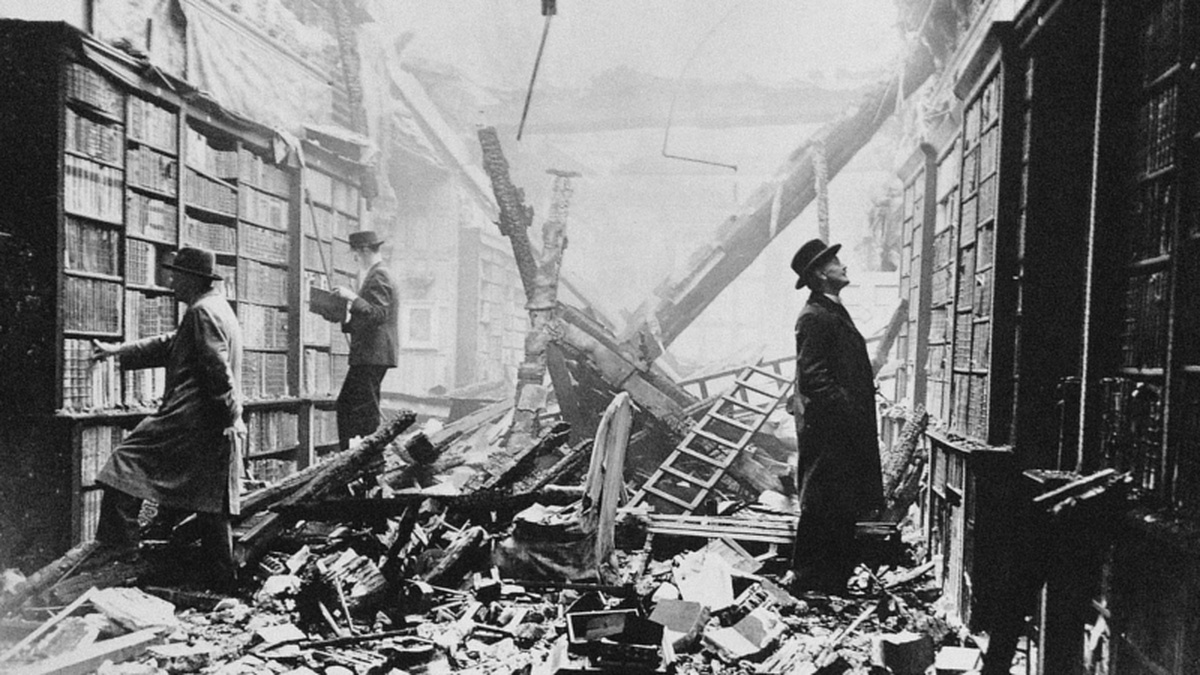Bookmark: Reading Platform
Wed 1 November 2017

Bookmark: Reading Platform
A regular reading group focusing on texts and screenings ranging from art, culture, politics, philosophy, anthropology and sociology.
If you would like to suggest reading material and chair an informal discussion, or deliver a presentation, please make this known on the group page, or alternatively send an email to bookmarkreadingplatform@gmail.com.
You can also join the Bookmark: Reading Platform Facebook group page to keep up with events, share information, and join the debate.
This month's reading group will look at Ecology & Revolutionary Thought, an essay by Murray Bookchin, found in his book Post-Scarcity Anarchism.
It was suggested that we read Bookchin at the last meeting about Donna Haraway, during which it was broadly agreed that we should move onto a more practical / directly political, ecological thinker. Whether Bookchin fulfills that criteria remains to be seen!
Primary Reading essay accessed via this link
Secondary Reading:
Murray Bookchin’s New Life by Damian White, Jacobin article
"Murray Bookchin spent fifty years articulating a new emancipatory project, one that would place ecology and the creative human subject at the center of a new vision of socialism. Here is a thinker, who in the early sixties, declared climate change as one of the defining problems of the age. Bookchin saw the environmental crisis as capitalism’s gravedigger.
But he also insisted we must be continually alert to the postcapitalist potentialities that may surface within capitalism. “Liberatory technologies” from renewables to developments in “minituration” and automation combined with broader forms of social and political reorganization, could open up unprecedented possibilities for self-management and sustainable abundance.
In the seventies and eighties, Bookchin suggested an environmentalism obsessed with scarcity, austerity, and the defense of “pure nature” would get nowhere. The future lay with an urban social ecology that addressed people’s concerns for a better life and could articulate this in the form of a new republican vision of politics and a new ecological vision of the city.
In the nineties, at the height of postmodernism, Bookchin argued a Left that reduced modernity and humanism to a caricature would become actively reactionary. He died in 2006, politically isolated and resigned to his project’s failure.
A decade later Bookchin seems to be everywhere, from the New York Times magazine to the Financial Times. Suddenly, name-dropping this revolutionary leftist is all the rage in the most mainstream of publications. Why is this?
Chaos in the Middle East, particularly the Kurdish fighters’ defense of their autonomous zone in Bakur, Rojava, and the southeast regions of Turkey, is partially responsible for the current spate of mainstream media attention.
Abdullah Öcalan, the leader of the Kurdistan Workers Party (PKK) broke with Marxist-Leninism in 2004 and declared himself a follower of Bookchin. Öcalan has subsequently argued that Bookchin’s proposed system of confederated participatory democracies provides the base of a new model of democratic modernity beyond the nation-state: not just for the Kurds, but for the region in general. The uptick in Bookchin’s popularity, though, predates Öcalan and the Kurds.
It is “Bookchin the social ecologist” who has now reentered environmental discussions, particularly in light of debates about “the anthropocene.” Bookchin anticipated much of this discussion thirty years ago. In a thankless debate he had with various “deep ecologists,” he argued we must acknowledge how much social history and natural history have become profoundly intertwined.
He also maintained that the widespread tendency to blame a generic “anthros” for an environmental crisis generated by capitalism was completely misleading. A social ecology must reject the misanthropic view that humans are inherent “environmental degraders” and assert our potential as creative stewards of the earth." - Damian White, Jacobin Magazine (2016)